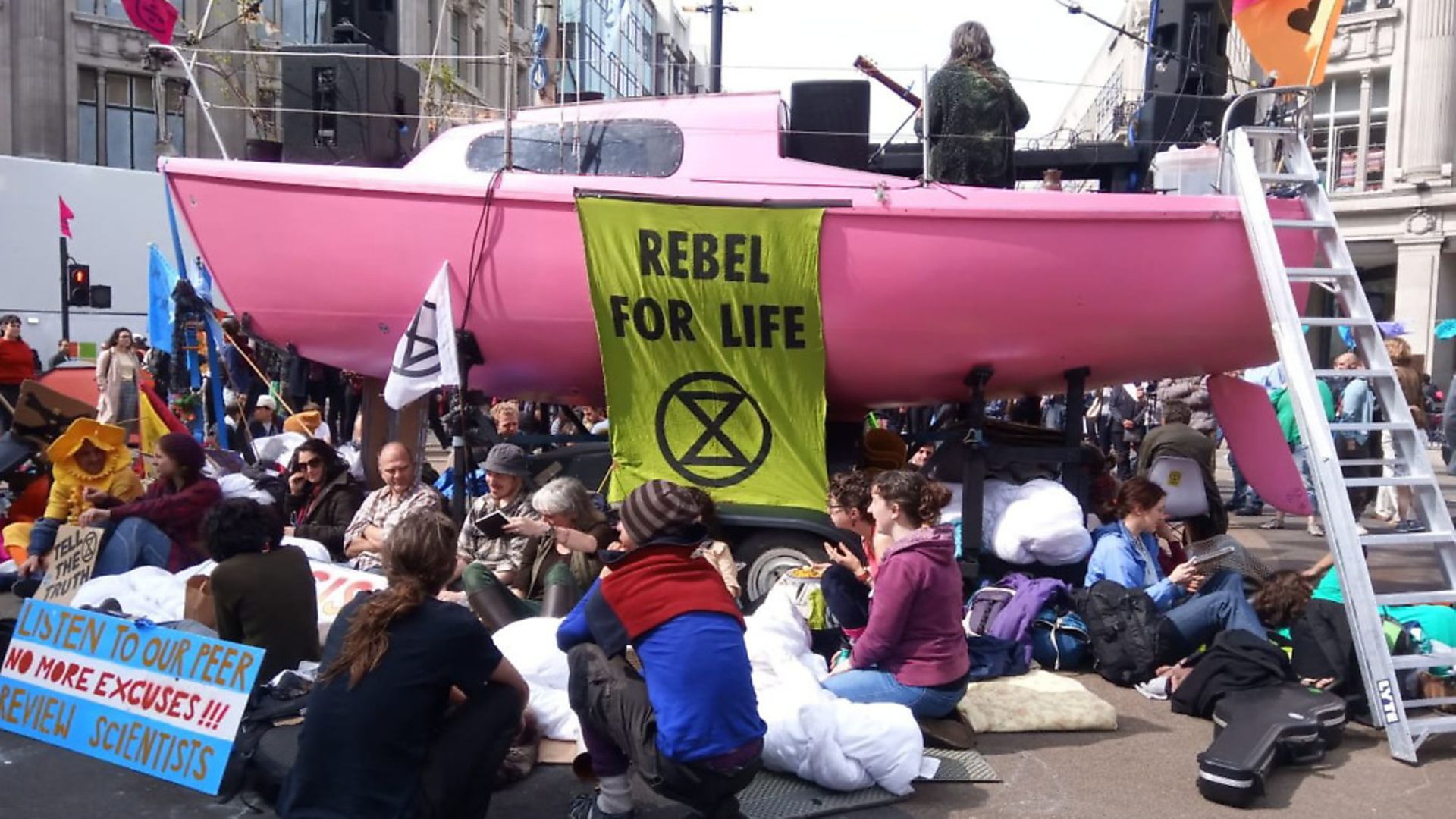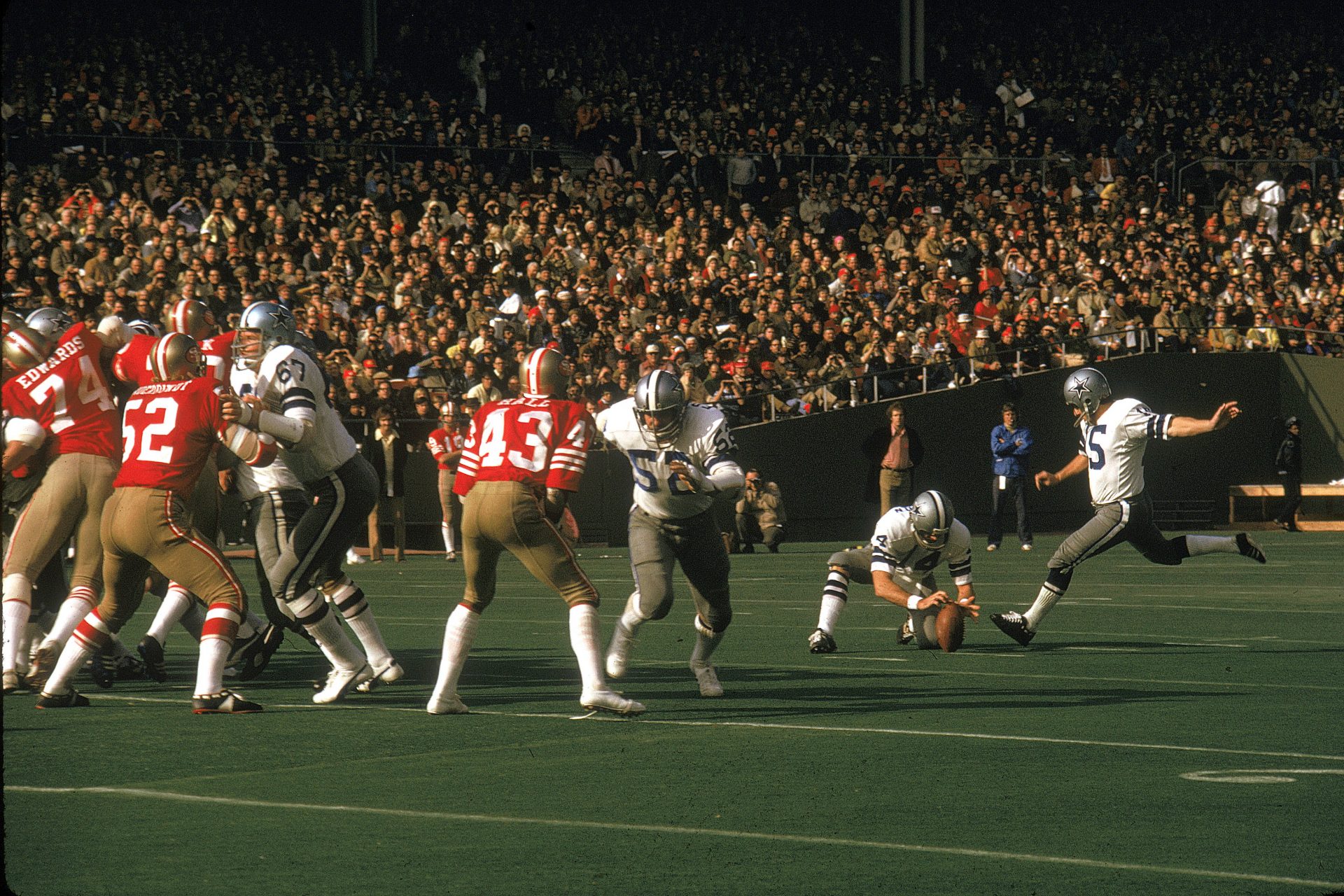
There’s a timeless culture of left wing protest in this country – and of the right wing variety as well. And if you think the right/left axis is a binary that all thinking people have long since transcended, it’s this culture that gives the lie to that very position. Wonkily-lettered placards, plenty of glitter glue, red-white-and-blue dreadlocks, and – quelle horreur! – those pantaloon style drawstring trousers I first remember seeing being sported by Dutch teenagers on the quondam hippy trail through Europe in the mid-1970s. OK, I’m talking about the loosely anarchistic left – not the serried ranks of miners and dockers carrying their elaborately embroidered banners as they march towards the New Dawn in military formation.
Indeed, it’s in this cleavage between a culture of protest that’s fundamentally ludic, and one that’s essentially martial that the contemporary British left demonstrates its divisions. Not that attempting to gain territory – which are what Extinction Rebellion’s activities during the weeks either side of the August bank holiday were centred on – isn’t martial, but the way they went about it remained gestural.
The police helicopters were hovering over central London every day, and on my constitutional into the City I could more or less tell which road junction it was XR were attempting to ‘take’ by their position alone. On the first Tuesday I ran into a nervy young man on Lombard Street, close to the Bank of England – he asked me what I thought of the protests and XR in general, and I evinced some sympathy for the latter, while being robustly critical of the former, and in particular the ubiquity of those hateful drawstring trousers. Then he revealed to me he was, in fact, responsible for the pink yacht XR had deployed at Oxford Circus last year, and which became the cynosure for five days of corybantic ecstasy.
I don’t know if he also played a part in building the big pink table that was intended to be the focus of this year’s rebellion, but he was presumably on a recce of some kind, because when I came back over Southwark Bridge on the Thursday afternoon, XR had occupied the junction at Queen Victoria Street just west of Mansion House. There was no sign of a pink table, though – just a couple of those tripods protesters have been erecting, climbing up and locking on to since the anti-roads protests of the late 1990s. (At least that’s the first time I saw them actively employed in, um, activism.)
The big pink table was meant to be an objectified form of the call to sit down and debate the climate emergency – but the Metropolitan and City of London police forces have been having none of it: impounding the first one then coming down hard on the deployment of subsequent iterations.
On the Sunday protesters tried to ‘take’ Tower Bridge, but this was a forlorn gesture in a town where you’ve only to brandish a banana in a sock to be terminated with extreme prejudice by specialist officers armed with Heckler & Koch 9mm machine guns in three minutes flat; or – should you be wielding an actual weapon – an ex-offender equipped with a narwhal tusk he’s torn from the wall of the Fishmongers’ Hall.
Apropos: what qualifies XR as determinately ‘left wing’ is their insistence that global heating is being stoked, first and foremost, by the incendiary activities of the capitalist economy. It was a member of the Fishmonger’s Guild – the then lord mayor, William Walworth – who stabbed Wat Tyler, the leader of the Peasants’ Revolt, to death with a fiendish dagger that’s still on display in that selfsame hall at the end of London Bridge, and no doubt the eco-rebels see this murderousness echoing down the ages in all sorts of systemic violence. But the City – referring metonymically to the hydra-like financial system coiled around just about every economic exchange in this country – cannot be severed from us so simply.
At least, that’s what I tried to get across to the XR organiser I got chatting to on the fringes of the Mansion House action: XR, to gain any headway against the forces of reaction needs to drop the pantaloons and get serious with its tactics – which are always the way to defeat a stronger opponent who can hold territory: tactics use time to gain power over space, whereas strategy enacts the opposite. They’d be better off reverting to some of the more spectacular and targeted interventions that Greenpeace and Plane Stupid pulled off in the past, than messing up the commutes of workers who’re already suffering the fallout from the pandemic.
This, and the perennial problem of the left – rank hypocrisy – is what prevents XR from gaining further traction: everyone watching them cavort around their puce street furniture knows that they’re just as ensnared in the hydra of heating as the rest of us; so in order to become a truly grass roots movement they have to convince us they’re rooting a lot of grass. Not just smoking it.


